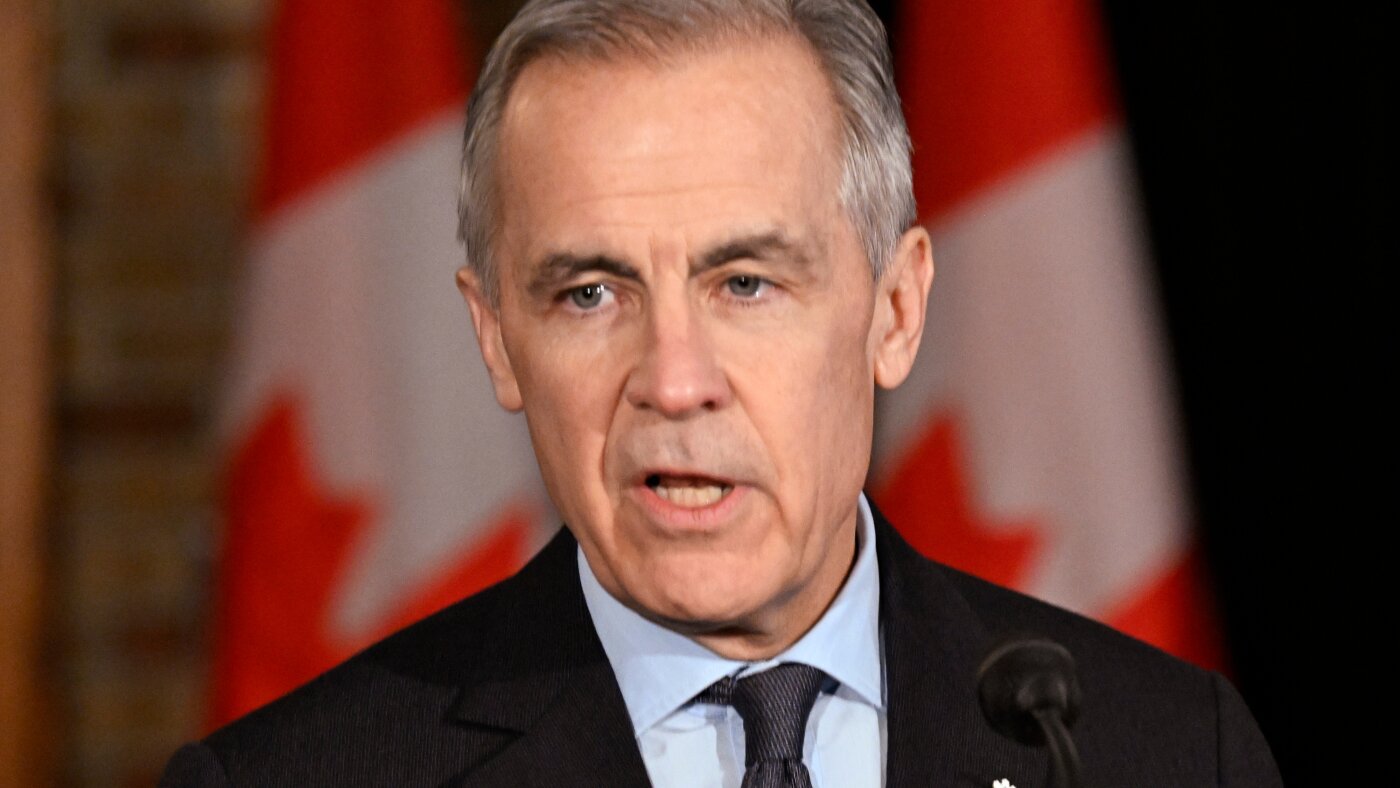Donald Trump confronts the intricate challenge of confronting Russian aggression while simultaneously protecting American consumers from escalating fuel prices.
With ongoing geopolitical tensions impacting energy markets, the former president has highlighted the necessity of a firm response to Vladimir Putin’s actions in Ukraine, while avoiding additional economic pressure domestically. The difficulty involves achieving equilibrium between exerting significant pressure on Moscow and preserving internal stability, especially considering the volatility of U.S. gasoline prices and the wider cost-of-living worries for countless Americans.
Navigating a complex energy landscape
Energy markets have emerged as a key arena in the relationship between the U.S. and Russia. Actions designed to limit Russian oil income—like sanctions or export limitations—can instantly impact worldwide fuel costs. For families in America, even minor increases at the gas station mean substantial rises in their monthly expenditures. Consequently, Trump’s approach needs to consider both international influence and internal economic conditions.
In the past, Russia’s oil and gas exports have significantly impacted worldwide markets, and abrupt interruptions can cause prices to surge. This situation puts the U.S. in a predicament where measures intended to sanction Moscow could inadvertently harm consumers. It also highlights the inherent conflict in foreign policy: the most successful international strategies might not always coincide with immediate national interests. Any plan aiming to restrict Russia’s energy income needs to explore other options to avoid extensive economic hardship in the United States.
The political and economic tightrope
Trump’s stance underscores the convergence of international relations and internal governance. On one hand, there is significant public and governmental pressure to react decisively to Russian military aggression and uphold Ukraine’s independence. Conversely, American citizens are acutely aware of fuel expenses, and decision-makers recognize that shifts in inflation and gasoline prices can lead to immediate political consequences.
Balancing these pressures requires innovative approaches. For instance, targeted sanctions that focus on Russian state enterprises or specific financial channels may allow for punitive measures without disrupting global oil flows entirely. Additionally, strategic petroleum reserves and diplomatic coordination with allies can help cushion the domestic impact while maintaining a credible stance internationally.
The former president’s emphasis on energy independence also plays into this discussion. Boosting domestic production, improving infrastructure, and diversifying supply sources are measures that can reduce American vulnerability to external shocks. By reinforcing the country’s energy resilience, the U.S. can exert greater leverage over foreign actors while mitigating the effects of geopolitical conflicts on everyday citizens.
Weighing global responsibility against local impact
Any attempt to economically debilitate Russia without worsening internal difficulties brings up larger inquiries regarding the compromises intrinsic to foreign policy. The conflict between ethical obligations—aiding Ukraine and deterring hostility—and financial repercussions—safeguarding American finances—highlights an ongoing dilemma for leaders managing global emergencies.
Trump’s approach signals recognition of this dual responsibility. By advocating for measures that limit Putin’s resources while simultaneously protecting domestic consumers, he highlights the need for nuanced strategies that account for both humanitarian and economic dimensions. This dual focus is critical, as overly aggressive sanctions could destabilize markets, while insufficient measures risk emboldening adversaries and undermining U.S. credibility.
The act of balancing also necessitates effective communication. It is crucial for the public to grasp the reasoning underpinning any policy to sustain endorsement. Transparent communication, detailing the necessity of specific measures and the government’s efforts to safeguard citizens from adverse impacts, aids in mitigating public apprehension and averting misunderstandings regarding objectives or motives.
Future strategic considerations
Looking forward, energy markets, international partnerships, and internal economic situations will collectively shape the impact of Trump’s suggested strategies. Strong collaboration with allies is essential to forge a unified stance that amplifies pressure on Russia and mitigates unforeseen repercussions for worldwide provision. Similarly, tracking price increases and consumer spending patterns will guide modifications designed to shield Americans from abrupt rises in expenses.
Investment in long-term energy solutions also shapes the equation. Expanding renewable energy, enhancing grid efficiency, and fostering alternative fuel technologies can reduce reliance on volatile foreign oil markets. While these measures do not provide immediate relief, they establish a foundation for sustained energy security and policy flexibility.
Ultimately, the predicament Trump faces mirrors the larger quandary confronting policymakers: how to pursue forceful foreign policy goals without disrupting internal stability. The inherent conflict between worldwide obligations and local consequences continues to be central to strategic choices, necessitating meticulous examination, proactive foresight, and a thorough grasp of both international and national dynamics.
The balance of policy and politics
Managing the intersection of geopolitics and domestic economics is not solely a technical task; it also carries significant political weight. Public perception of energy policy can influence broader approval ratings and electoral outcomes, making the stakes higher for any action related to Russia and fuel costs. Trump’s proposals therefore must navigate both tangible economic considerations and the intangible realm of public sentiment.
This strategy aims to harmonize two frequently opposing objectives: finding ways to counter the danger presented by Putin, while simultaneously protecting Americans from immediate economic strain. Achieving success depends on the capacity to deploy precise, well-planned actions that apply significant international pressure, all while preserving domestic stability and trust.
The challenge facing Donald Trump illustrates the complexity of contemporary policymaking. Addressing international aggression requires decisive, strategic action, but those decisions cannot occur in isolation from domestic realities. Achieving a balance between punishing Russian initiatives and protecting American consumers is a delicate task—one that underscores the intricate interplay between foreign policy, economic stability, and public expectations in today’s interconnected world.




